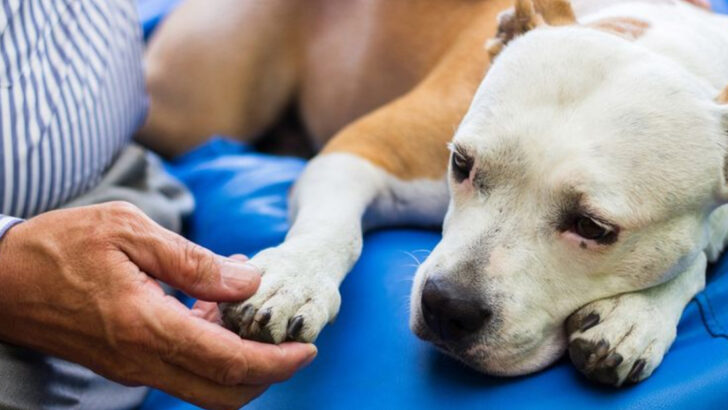Is your dog getting older? The truth is, watching our furry friends age is heartbreaking, but it’s also a time to show them the love and care they’ve always given us.
Looking after an ageing dog requires patience, understanding, and some extra attention to their needs. It’s not just about keeping them fed and exercised; it’s about adjusting your routines to make their golden years as comfortable as possible.
From diet changes to special walks, every small step counts in helping your dog live their best life in their later years. These tips aren’t just practical—they’re a chance to strengthen the bond you share with your loyal companion.
Let’s dive into ways you can keep your dog’s tail wagging, even as the years pass.
Regular Vet Check-Ups
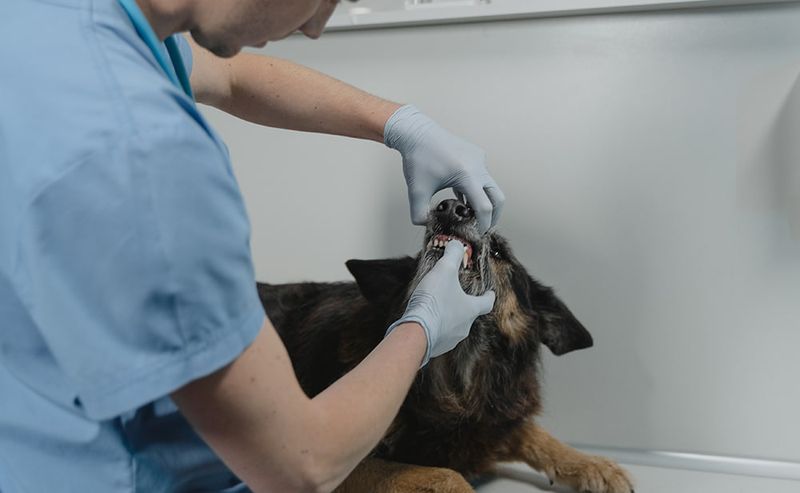
Regular vet check-ups are essential for ageing dogs. Visiting the vet every six months can help detect potential health issues early, ensuring that your pet remains healthy and happy. These visits allow the vet to monitor your dog’s weight, dental health, and overall condition.
Additionally, routine blood tests can identify any underlying problems that may not be apparent. Maintaining open communication with your vet helps in understanding your dog’s specific needs. Such proactive care can significantly enhance your dog’s quality of life.
Balanced Diet
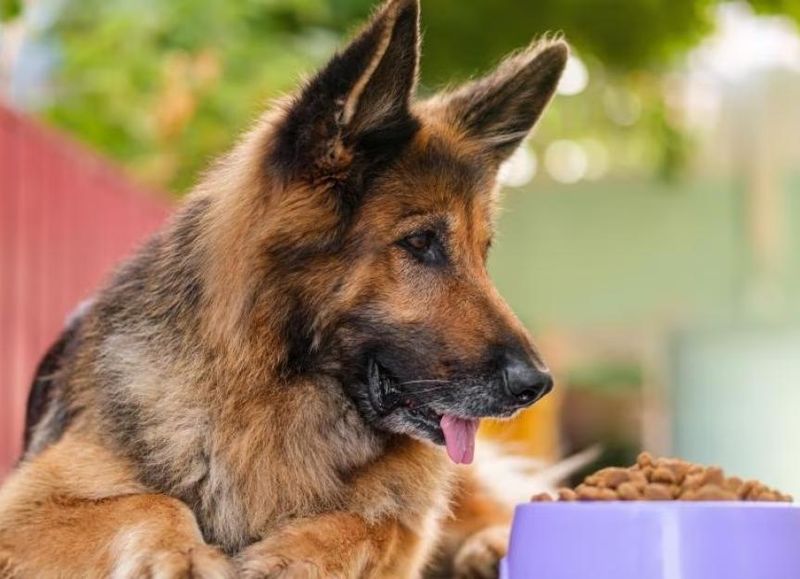
Providing a balanced diet is crucial for your ageing dog’s health. As dogs age, their dietary needs change, requiring more specific nutrients to support their joints and immune system. High-quality protein sources and healthy fats can contribute to maintaining muscle mass and energy levels.
Including supplements like Omega-3 fatty acids can also benefit their coat and cognitive functions. Consulting with your vet to choose the right diet tailored to your dog’s needs can make a significant difference in their overall well-being.
Gentle Exercise
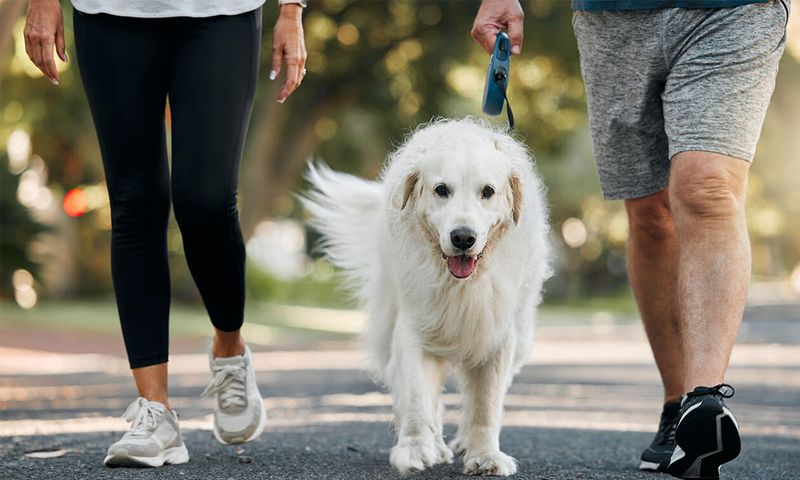
Gentle exercise is vital for older dogs to keep them active without straining their joints. Short and leisurely walks can provide the necessary physical activity while allowing them to enjoy the fresh air.
Engaging in low-impact activities can keep your dog mentally stimulated and happy. Always pay attention to their body language, avoiding over-exertion. Adjusting the exercise routine as your dog ages will contribute to their physical and emotional health.
Comfortable Sleeping Area
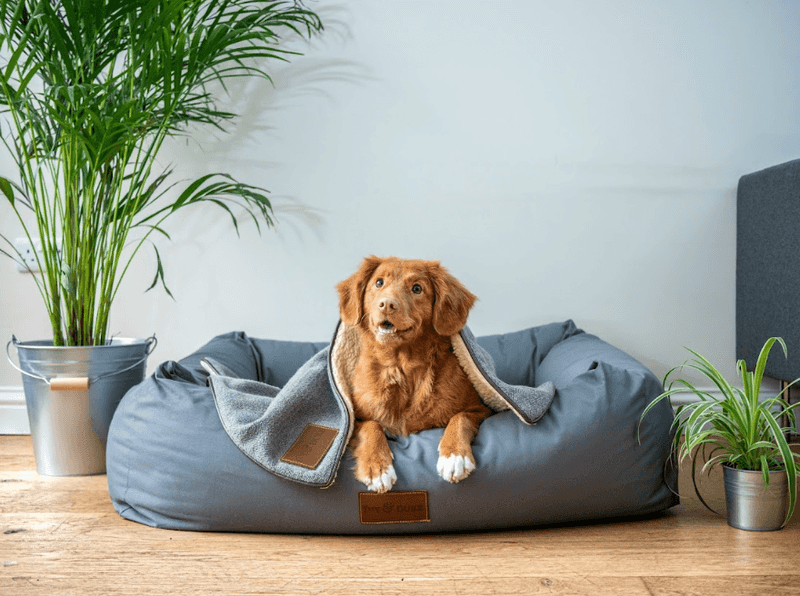
Creating a comfortable sleeping area is essential for your ageing dog’s rest. Orthopedic beds with supportive padding can alleviate joint pain and provide a restful sleep.
Ensuring that the sleeping area is warm and quiet will help your dog relax and rejuvenate. Consider placing the bed in a familiar spot where your dog feels safe. Regular cleaning and maintenance of the bedding will also contribute to your pet’s health and comfort.
Dental Care
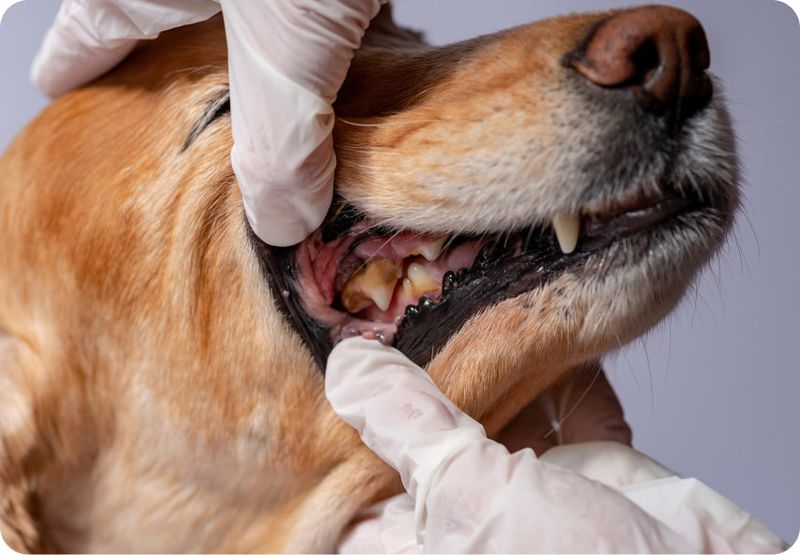
Dental care is often overlooked but vital for older dogs. Regular brushing can prevent plaque buildup and reduce the risk of gum disease. Specialized dog toothbrushes and toothpaste can make the process easier and more effective.
Veterinary dental cleanings may also be necessary to maintain oral health. Addressing dental issues promptly can prevent pain and improve your dog’s overall quality of life. Encouraging your dog to chew on dental-friendly toys can further aid in keeping their teeth healthy.
Joint Supplements
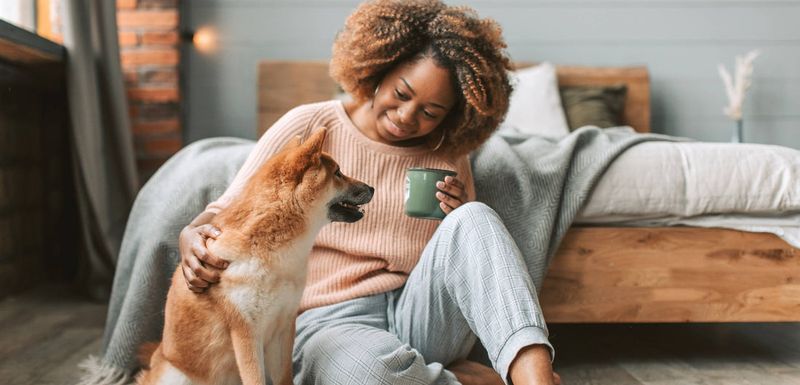
Joint supplements can play a significant role in maintaining mobility in ageing dogs. Ingredients like glucosamine and chondroitin support joint health, reducing stiffness and discomfort.
These supplements are often available in chewable forms that dogs enjoy, making administration easy. Regularly consulting your vet about the appropriate dosage ensures your dog receives the best care. By supporting joint health, you help your dog continue enjoying their favorite activities longer.
Scheduled Playtime
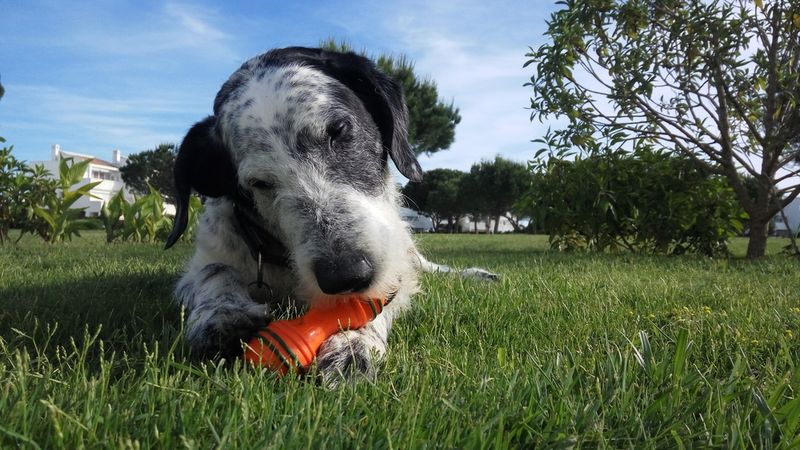
Scheduled playtime offers mental stimulation and joy for older dogs. Engaging in gentle, interactive games can keep your dog’s mind sharp and strengthen your bond together.
Using soft toys and brain-stimulating games encourages mental engagement without physical strain. Allocating specific times for play helps maintain a routine, providing your dog with a sense of security and happiness. Adjusting the intensity according to your dog’s energy levels ensures a balanced and enriching experience.
Hydration
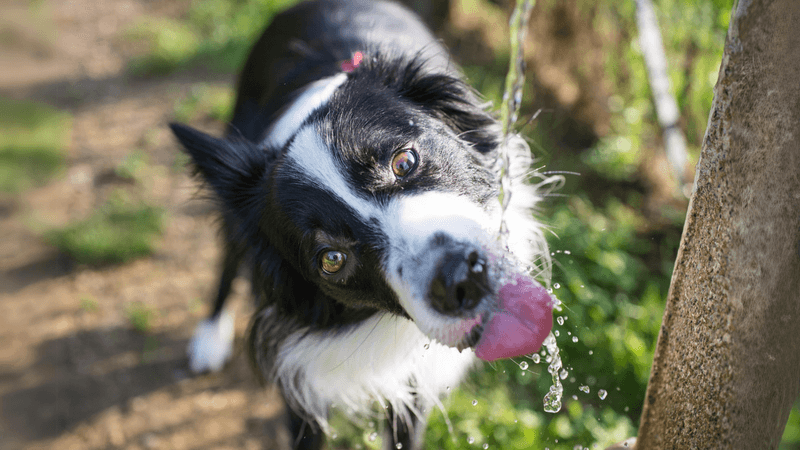
Keeping your ageing dog hydrated is essential for their health. Older dogs may be prone to dehydration, making access to fresh and clean water imperative.
Regularly changing the water and cleaning the bowl ensures it remains appealing. Some dogs enjoy filtered or flavored water, encouraging them to drink more. Monitoring their water intake helps detect any changes in health or habits, allowing for timely intervention if needed.
Temperature Control

Temperature control is crucial for older dogs, as they may struggle to regulate their body temperature. Ensuring a warm environment during colder months and a cool space during summer can prevent discomfort.
Using heaters, fans, or air conditioning helps maintain a stable environment. Providing blankets or cooling mats can also aid in temperature regulation. By creating a comfortable living area, you enhance your dog’s comfort and well-being year-round.
Regular Grooming
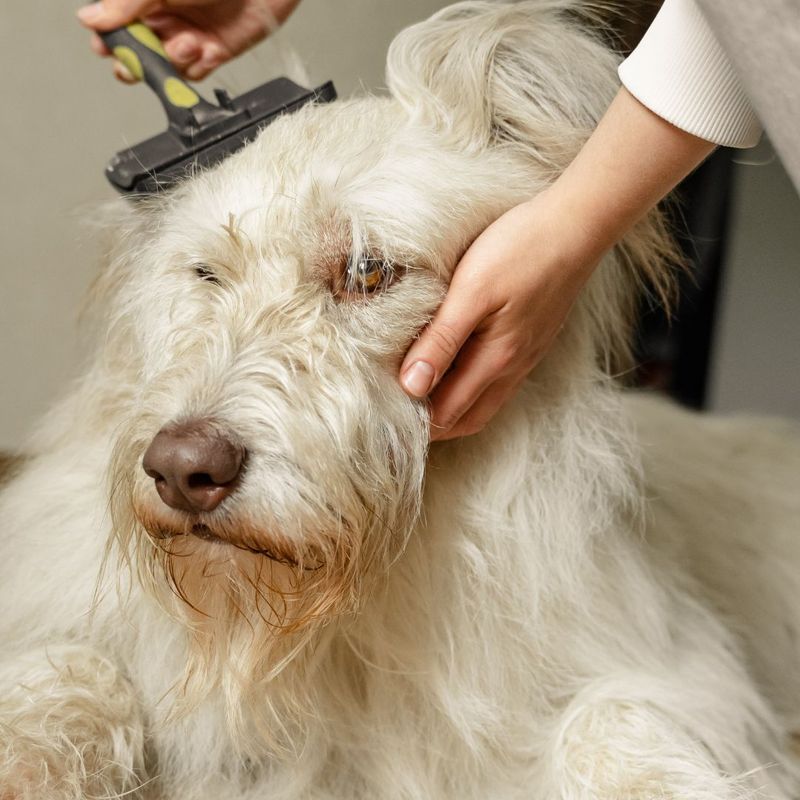
Regular grooming helps maintain your ageing dog’s skin and coat health. Brushing removes loose hair and promotes circulation, supporting overall skin condition.
Bathing with gentle shampoos tailored for sensitive skin can prevent irritation. Monitoring for lumps, bumps, or skin changes during grooming sessions allows for early detection of health issues. This routine not only keeps your dog looking great but also contributes to their comfort and hygiene.
Mobility Aids
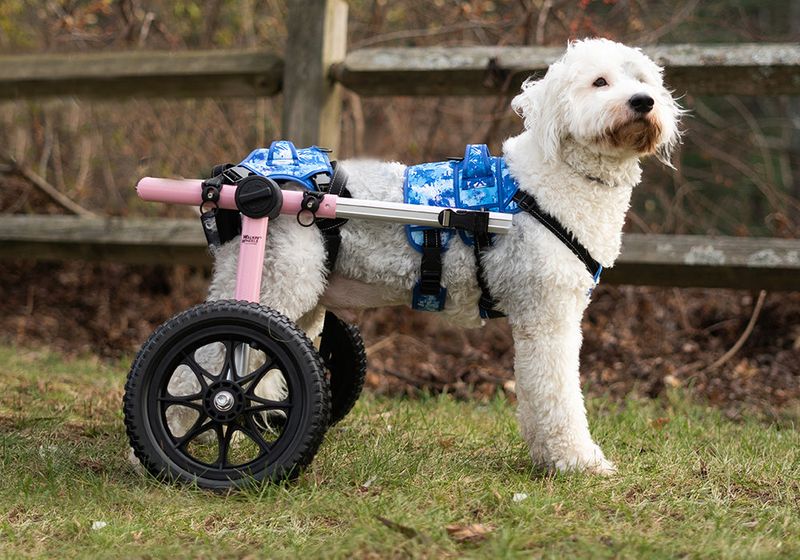
Mobility aids like ramps and harnesses can assist ageing dogs with movement. These tools help them navigate stairs, cars, or furniture without putting strain on their joints.
Using non-slip mats around the home further ensures their safety. Discussing with your vet the best mobility aids for your dog’s specific needs can make everyday activities easier and more enjoyable. Enhancing accessibility can greatly improve their independence.
Mental Stimulation

Mental stimulation keeps an ageing dog’s mind active and engaged. Puzzle toys and scent games challenge their cognitive abilities, providing entertainment.
Even simple obedience training can offer mental exercise, reinforcing good behavior and communication. Regularly introducing new activities prevents boredom and supports mental agility. Tailoring games to suit your dog’s preferences ensures a fulfilling and stimulating experience.
Routine Adjustments
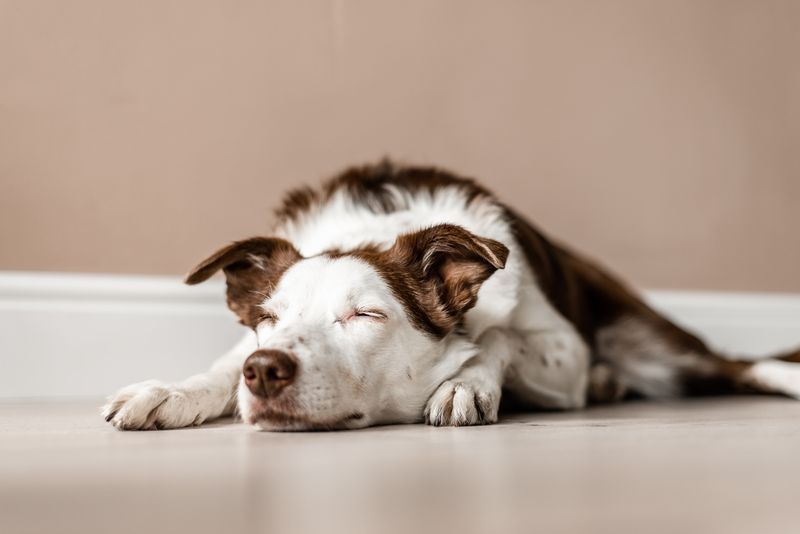
Routine adjustments accommodate the changing needs of ageing dogs. Altering feeding times, exercise routines, or bathroom breaks may better suit their lifestyle.
Establishing a consistent daily pattern provides security, reducing anxiety. Being observant of your dog’s behavior helps identify areas needing modification. Adjusting routines with compassion ensures they remain comfortable and content in their golden years.
Weight Management
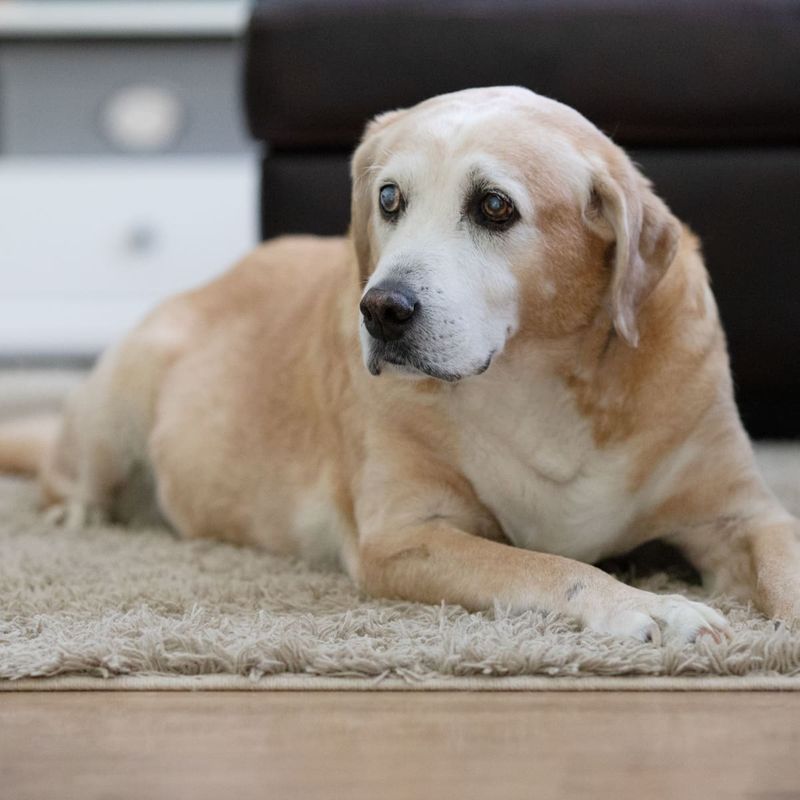
Weight management is crucial for maintaining the health of an ageing dog. Monitoring their weight helps prevent obesity-related issues such as joint strain and heart disease.
Feeding portion-controlled meals and offering healthy treats supports a balanced diet. Regularly consulting with your vet ensures your dog’s weight remains within an ideal range. By managing their weight, you contribute to their overall well-being and longevity.
Pain Management

Pain management is essential for older dogs experiencing discomfort. Identifying signs of pain like limping or reluctance to move allows for timely intervention.
Consulting your vet about medications or therapies can provide relief, enhancing your dog’s quality of life. Exploring options like acupuncture or massage therapy may also offer benefits. Managing pain effectively ensures your dog enjoys their daily activities with ease.
Emotional Support
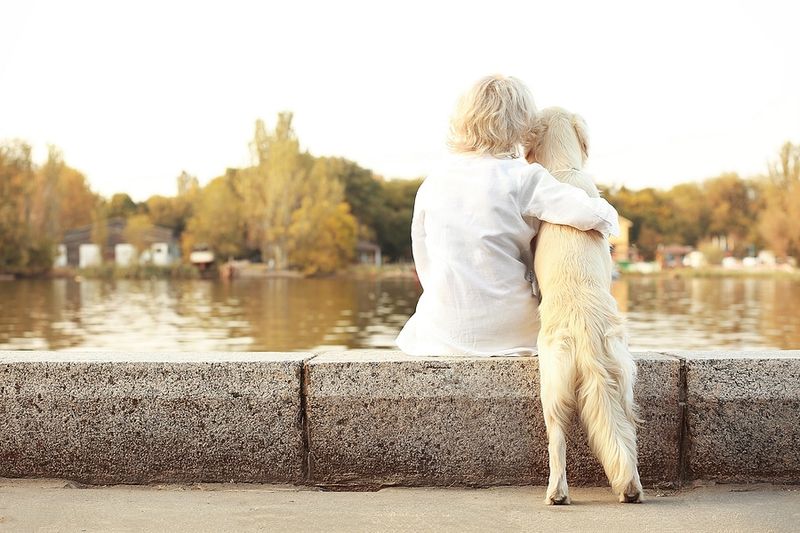
Emotional support is vital for an ageing dog’s happiness. Providing affection, attention, and companionship reassures them of their value in the family.
Spending quality time together strengthens your bond and promotes emotional well-being. Recognizing changes in behavior or mood helps address any underlying issues. Fostering a loving environment enhances their sense of security and joy in their later years.

